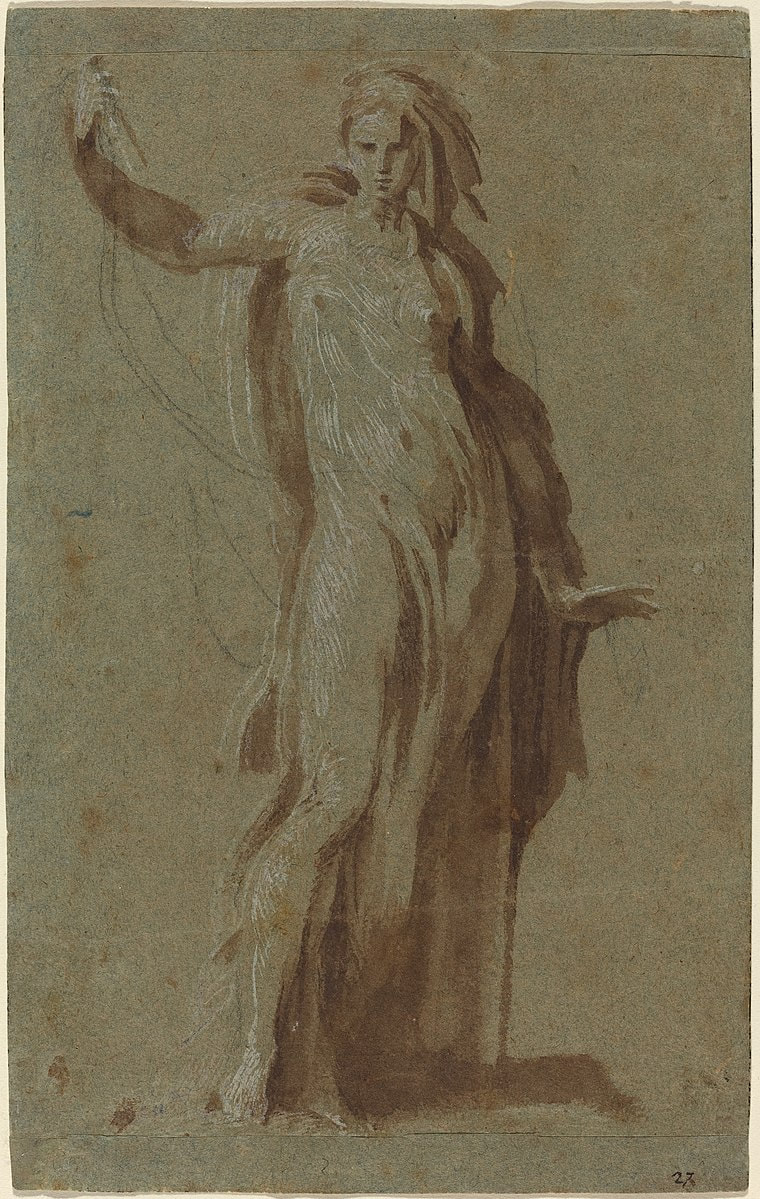|
In “Book Two” of Paternal Tyranny, Tarabotti argues that women should receive an education equal to that of men. She writes: "Do not scorn the quality of women’s intelligence, you malignant and evil-tongued men! Shut up in their rooms, denied access to books and teachers of any learning whatsoever, or any other grounding in letters, they cannot help being inept in making speeches and foolish in giving advice. Yours is the blame, for in your envy you deprive them of the means to acquire knowledge. As Socrates said in Plato’s Symposium, women do not lack intellect or a natural disposition to succeed in every understanding and every kind of learning equally to men." (99) In advocating for equal education, Tarabotti first establishes that intelligence is not an intrinsic quality. She argues that all learned men became intelligent only through receiving an education: “All philosophers and men of learning have gained their knowledge by studying; nobody was ever born with infused wisdom” (97). She references Plato’s Symposium to argue further that both men and women share a similar disposition to learn. In asserting that women share this disposition to learn with men, Tarabotti refutes the argument that women are naturally less intelligent than men and as a result, less worthy of an education. She argues that women do not “lack intellect or a natural disposition to succeed in every understanding and every kind of learning equally to men” (99). Instead, women lack access to the kind of education that make men intelligent. Tarabotti highlights the way men inhibit women from receiving a proper education. She describes the hypocrisy of men who “while reproaching women for stupidity…strive with all [their] power to bring them up and educate them as if they were witless and insensitive” (99). Tarabotti criticizes men who treat women as if they were naturally less intelligent and use this prejudice as reason for providing women with inadequate education or no education at all: “[Men] give [women] as a governess another woman, also unlettered, who can barely instruct them in the rudiments of readings, to say nothing of anything to do with philosophy, law, and theology. In short, they learn nothing but the ABC, and even this is poorly taught” (99). Tarabotti argues that even when a woman does receive an education, she receives her instruction from another uneducated woman. This cycle ensures that all women remain less intelligent than men. Thus, Tarabotti reframes the issue of women’s observed lesser intelligence as stemming from a man-made system and not from the nature of women themselves.
Throughout “Book Two,” Tarabotti establishes intelligence as an attribute only available to those who receive proper education and exposes men for creating a system of inadequate education for women so that they may maintain their power. --MP Source info: Paternal Tyranny. Edited and translated by Letizia Panizza. The University of Chicago Press, 2004. Image info: Standing Woman Holding a Scroll. Artist unknown. Italy, 16th century. Source: https://artvee.com/dl/standing-woman-holding-a-scroll
0 Comments
Leave a Reply. |
Authors
Jacinta Shrimpton is a PhD student in Philosophy at the University of Sydney. She is co-producer of the ENN New Voices podcast Archives
May 2024
Categories
All
|

 RSS Feed
RSS Feed